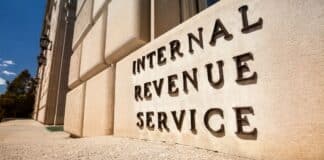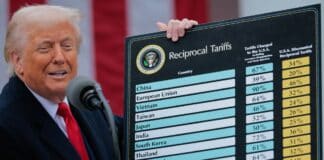Sen. Chris Murphy (D–CT) introduced a critical amendment to this week’s defense spending bill, seeking to significantly raise the National Firearms Act (NFA) tax on suppressors. If approved, the tax stamp for suppressors and short-barrel rifles would surge from the current $200 to $4,709, reversing a provision in the One Big Beautiful Bill that would eliminate the tax altogether.
The existing tax rate was scheduled to drop to zero under the language of the recently passed legislation. Murphy’s amendment aims to keep suppressors and NFA-regulated weapons subject to high taxes, arguing that these items pose particular public safety risks.
Murphy’s proposal also includes an increase in the tax on “Any Other Weapons” (AOWs)—a category that includes items like short shotguns and pen guns—from the current $5 per device to $55.
The gun-control advocacy group Brady Campaign publicly endorsed Murphy’s measure. As reported by Guns.com, Brady thanked Murphy for introducing “this critical amendment to strike the provision in the big UGLY bill that removed taxes on deadly silencers & other uniquely lethal weapons,” and for seeking to update taxes to “reflect inflation today.”
These changes would effectively restore financial disincentives for acquiring NFA-class firearms and accessories. Suppressors, often referred to as silencers, have been a divisive topic. Advocates argue they reduce hearing damage and noise pollution. Opponents assert they facilitate criminal activity by concealing sound.
If enacted, Murphy’s amendment would reverse the growing momentum behind deregulating suppressors, and mark one of the most dramatic tax shifts in the history of federal firearms policy. Supporters believe the high new tax rate would limit civilian access to certain weapons and accessories, while critics warn it would burden lawful firearm owners and infringe on Second Amendment rights.
As debate continues on the defense bill, Murphy’s amendment is sure to ignite sharp controversy in both chambers. Proponents view it as a common-sense update reflecting inflation and risk, while opponents see it as punitive and politically motivated.





